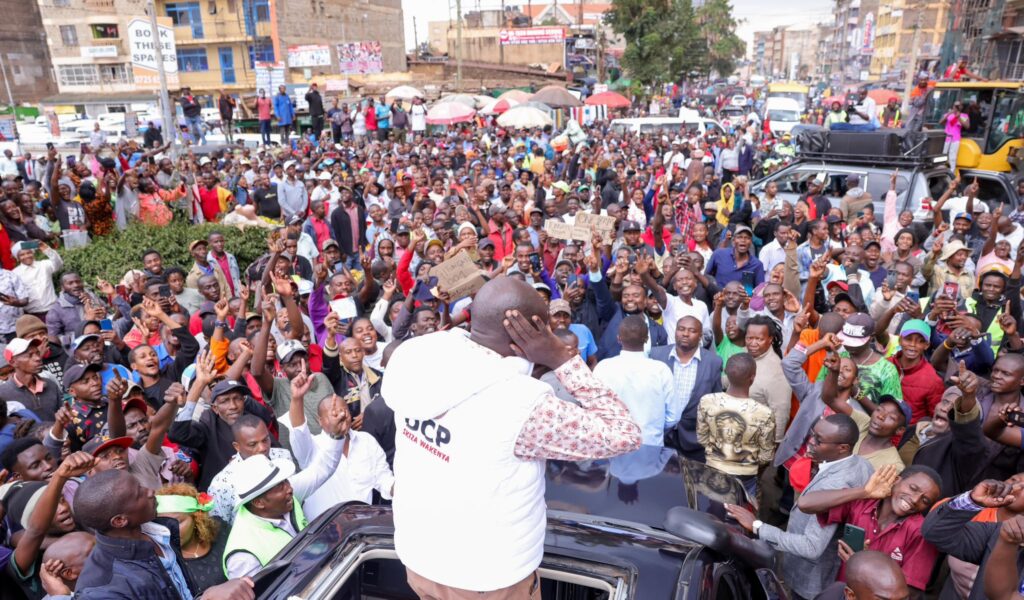Former Deputy President Rigathi Gachagua has strongly denied accusations of being a tribal leader, insisting that he is a nationalist committed to fostering Kenya’s unity.
Speaking during an interview on Citizen TV on Tuesday night, Gachagua argued that his critics have misinterpreted his love for his community, stressing that supporting one’s ethnic background does not equate to hating others.
“The man before you is a great nationalist. I have never uttered anything against other communities. Loving my community does not mean I hate others. I challenge anyone to bring a single utterance where I have spoken against other Kenyans,” Gachagua said.
He pointed to his support for President William Ruto in the 2022 general elections as evidence that he has risen above ethnic politics. According to him, the tribalism narrative is being pushed by political rivals seeking to discredit him following his fallout with the Head of State.
“Some of the leaders who embraced me when I was in government are now pushing the tribal narrative against me because of politics,” he noted.
The former DP also highlighted his recent visit to the United States, where he addressed Kenyans from different communities. He insisted that he engaged groups based on invitations received and encouraged Kenyans not to shy away from expressing their cultural identities.
“Let nobody feel embarrassed about speaking their languages. Even the constitution acknowledges Kenya’s ethnic diversity and why we must be proud of it,” he remarked.
However, his comments during the U.S. trip drew sharp criticism from young Kenyans abroad, particularly members of Generation Z. During a town hall in Baltimore, Valentine Wanjiru Githae of the youth-led 625 Movement challenged him to shed ethnic-based rhetoric, warning that it risked undermining national unity.
Wanjiru, a native of Gachagua’s Mathira constituency, criticized him for opening a meeting in Kikuyu and for remarks in Boston where he described Kikuyus as “drivers of the Kenyan economy.” She said such statements suggested entitlement and ignored the contributions of other communities.
In response, Gachagua dismissed the accusations, reiterating that he is a nationalist and labeling the claims as politically motivated attacks.

